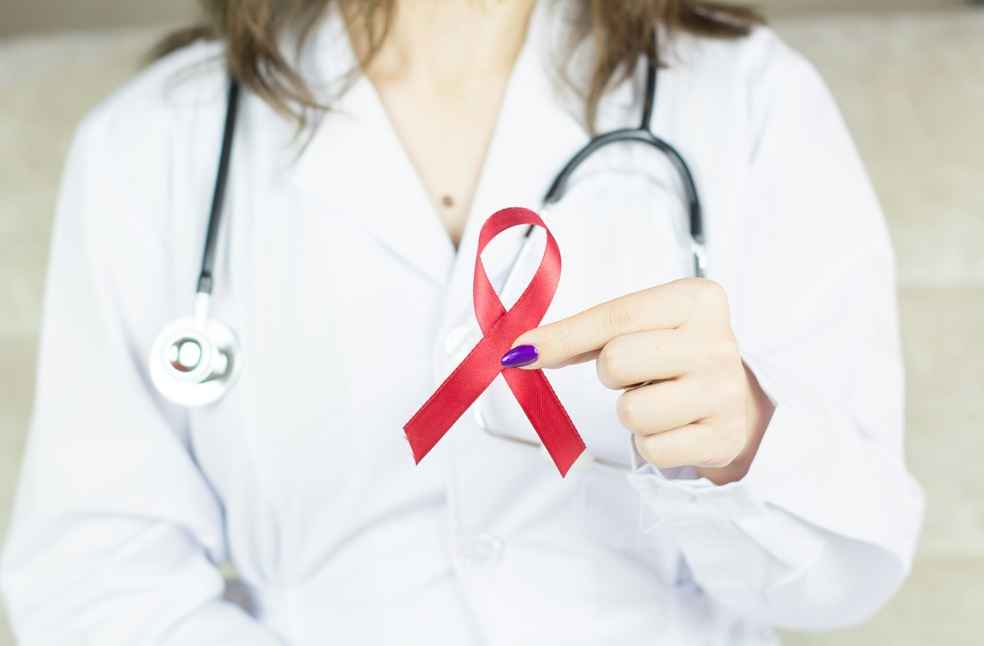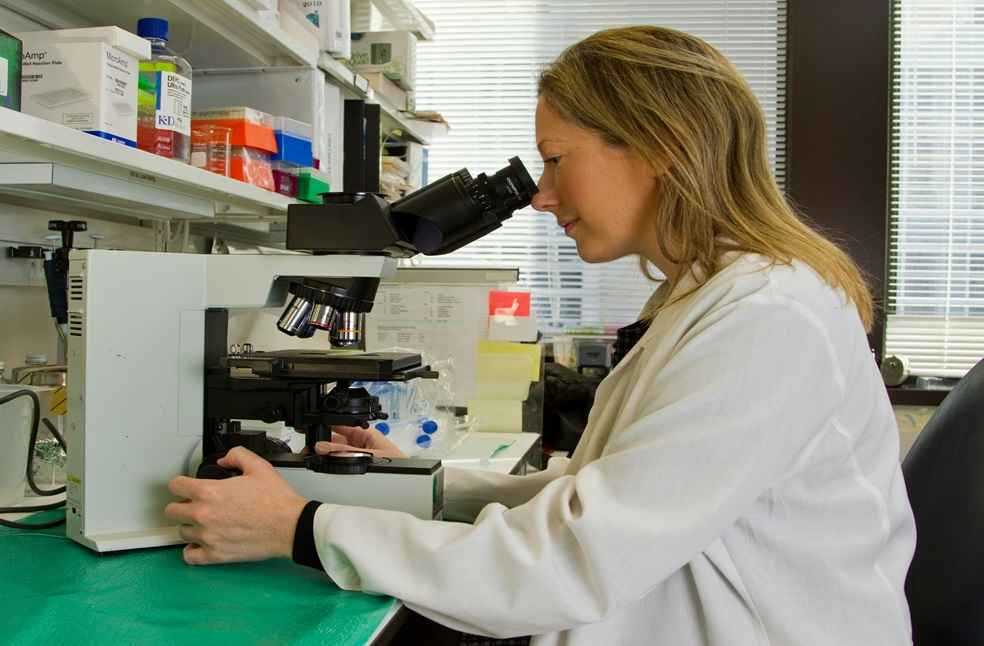People should be aware of cervical cancer and its preventive measures, especially women. Most of these cases are caused by sexually transmitted HIV infection. Timely screening and vaccination are vital for early detection and prevention.
Recognising symptoms, exploring treatment options, and empowering through education are critical. It is important to be aware of irregular bleeding, risk elements, and prescient healthcare is important.
Among the health issues, understanding cervical cancer and its prevention measures is of paramount importance. Here are the most important points that every woman should understand.
Cervical cancer; what is it?

The most important part of any disease is understanding it and its roots. Cervical cancer arises from the cervix, the lowermost part of the uterus. The majority of cases are induced by a sexually transferred human papillomavirus (HPV) infection. Although HPV is common, a tenacious infection with high-risk HPV strains can cause cervical cancer.
Early detection and treatment options

It is essential to undergo regular cervical cancer screenings, usually through the use of Pap smears or HPV tests, to detect the disease at an early stage. Women in the age range of 21-65 should be screened every 3-5 years, depending on the method used and their risks. Additionally, HPV vaccination is recommended for girls and boys aged 9 to 26 to prevent HPV infection and subsequent cancer development.
Cervical cancer can be treated if detected early. The treatment options available to treat cancer are surgery, chemotherapy, radiation therapy, or a combination, depending on the stage and extent of the cancer. Early intervention improves outcomes and reduces the need for invasive procedures.
Know the warning signs

Identifying or awareness of the symptoms and risk factors can help you detect the disease at the earliest. Abnormal vaginal bleeding, pelvic pain, abnormal discharge, and pain during intercourse are warning signs of this cancer. Women with weakened immune systems, smoking histories, or multiple sexual partners are especially at risk.
Cancer awareness and education

To take control of their reproductive health, women need to educate themselves and seek regular check-ups. An open line of communication with your doctor promotes early diagnosis and ensures appropriate management, resulting in a better quality of life. Cervical cancer is one of the most significant global health concerns that can be mitigated through awareness, prevention, and proactive healthcare measures.



